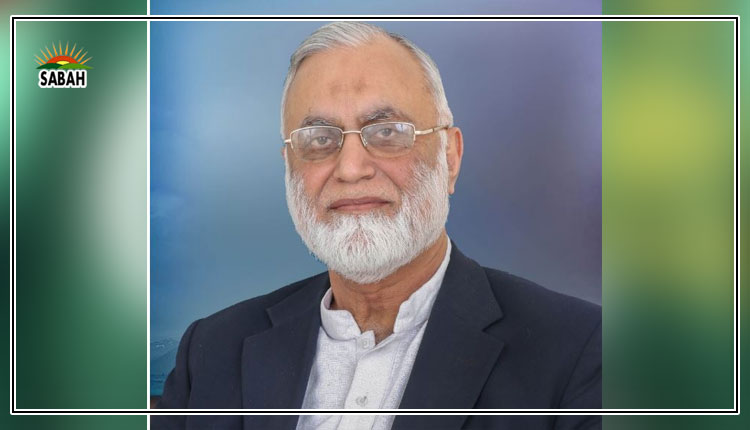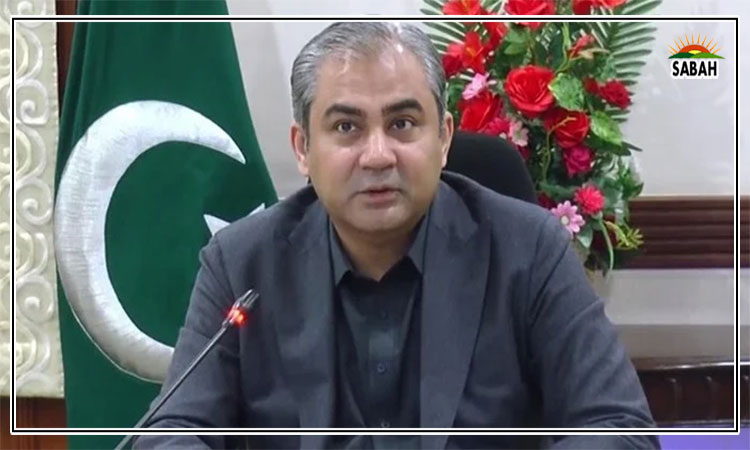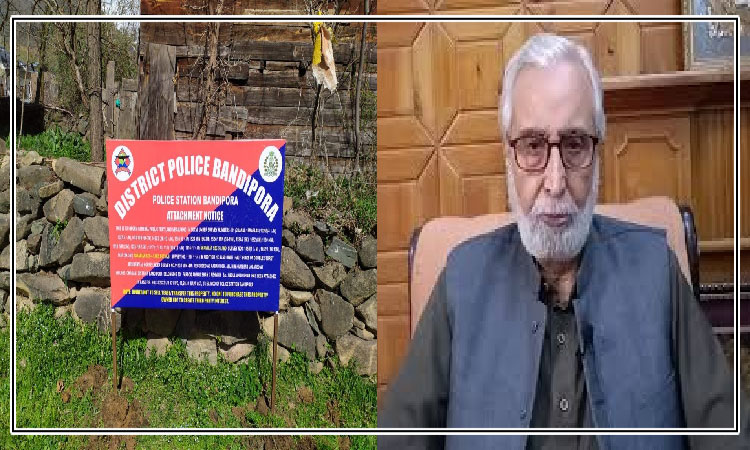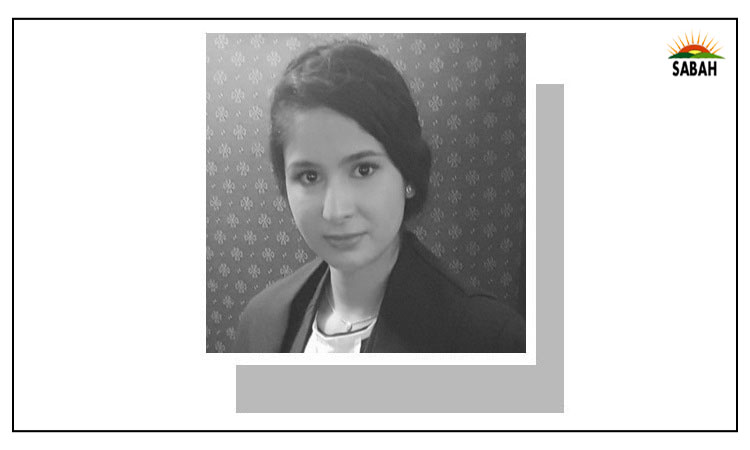Children in prisons ۔۔۔۔۔ Rida Tahir
ON a cold morning in 1937, a remand home was inaugurated in Karachi under the Bombay Children Act, 1924. This remand home was later shifted to near Central Jail in Karachi, and is now functioning in accordance with the Sindh Children Act, 1955, and the Sindh Remand Homes Rules, 2011. Another remand home has been sanctioned in Nawabshah/ Shaheed Benazirabad, but it is non-functional.
Despite the passage of nearly 90 years, there is only one functional remand home in Sindh, highlighting the failure of the state in protecting children. There are 385 juvenile offenders (of these, 106 are under the age of 16, whereas 100 are under the age of 18) languishing in the province’s prisons, as per the latest data released by the Sindh Prisons and Corrections Service in 2023.
A remand home is a shift towards reformative and rehabilitative justice for children. In contrast to the harsh bars of prisons, a remand home provides a child with an environment of care, protection, observation and treatment. The purpose of remand homes is not to reprimand the child, but to reform their behaviour and reintegrate them into society. Remand homes are mandated to “provide proper accommodation to the inmates, including separate bed, sanitary, toilets and bathrooms”, as per Rule 7 of the Sindh Remand Homes Rules. Further, Rule 16 mandates the provision of recreational facilities such as indoor and outdoor games during the child’s stay at a remand home.
In 2018, the Juvenile Justice System Act was passed by parliament to protect the rights of children in conflict with the law. JJSA, 2018, defines a child as a person who has not attained the age of 18 years. It did not repeal the Sindh Children Act, 1955, but it has an overriding effect as per Section 24 of JJSA, 2018.
There is only one functional remand home in Sindh.
JJSA, 2018 introduced the ‘juvenile rehabilitation centre’, which has been defined as “a place where a juvenile may be kept and given education, vocational or technical training for his mental, moral and psychological development”. It is important to outline that the functions outlined for JRCs under Section 2 (k) of JJSA, 2018, are analogous to the functions of the institution of remand homes as per Section 26 of the Sindh Children Act, 1955, and Rule 2 (f) of the Remand Home Rules, 2011. Therefore, both federal and provincial obligations for the protection of juvenile offenders will be fulfilled if remand homes are established in each district of Sindh.
Children do not belong in prisons. The age of criminal responsibility in Pakistan has been capped at 10 years, as per Section 82 of the Pakistan Penal Code (amended in 2016). Further, Section 83 extends this protection to children of ages above 10 and under 14 years, who have not attained sufficient maturity of understanding to judge the nature and consequences of their conduct. Unfortunately, only 34 per cent of children under five are registered at birth nationally. This means that many children in the 10-14 age group are unable to escape the confinement bars even though the law protects them.
The absence of remand homes/ JRCs translates to children being put behind bars even where bail is the right of the child. Over 26 million children are out of school in Pakistan. Alarmingly, even among those attending school, 77pc are unable to read or comprehend simple text by the age of 10, according to data released by Unicef. Moreover, millions are trapped in child labour in the country.
Research has suggested that childhood experiences such as poverty, maltreatment, and school exclusion are associated with serious offences and frequent criminal convictions. Despite a comprehensive legal framework for the protection of children in conflict with the law, it is unfortunate that children trapped in the vicious cycle of conflict with the criminal justice system are not a priority of the state.
The Sindh Human Rights Commission has been actively advocating for the establishment of remand homes in each district of the province and the formulation of provincial rules under JJSA, 2018, which have not been notified in the province as yet. To protect children, it is suggested that the rules under JJSA, 2018, when notified, are aligned and harmonised with the Sindh Remand Home Rules, 2011. Additionally, the SHRC is also advocating for establishing free legal assistance for juveniles and children under Section 3 of JJSA, 2018.
Children are not only the future but also the present of our society. It is imperative that the state safeguard and rehabilitate juvenile offenders to build a more equitable society.
The writer is a barrister of Lincoln’s Inn and an advocate of the high courts of Pakistan.
Courtesy Dawn, June 8th, 2024












